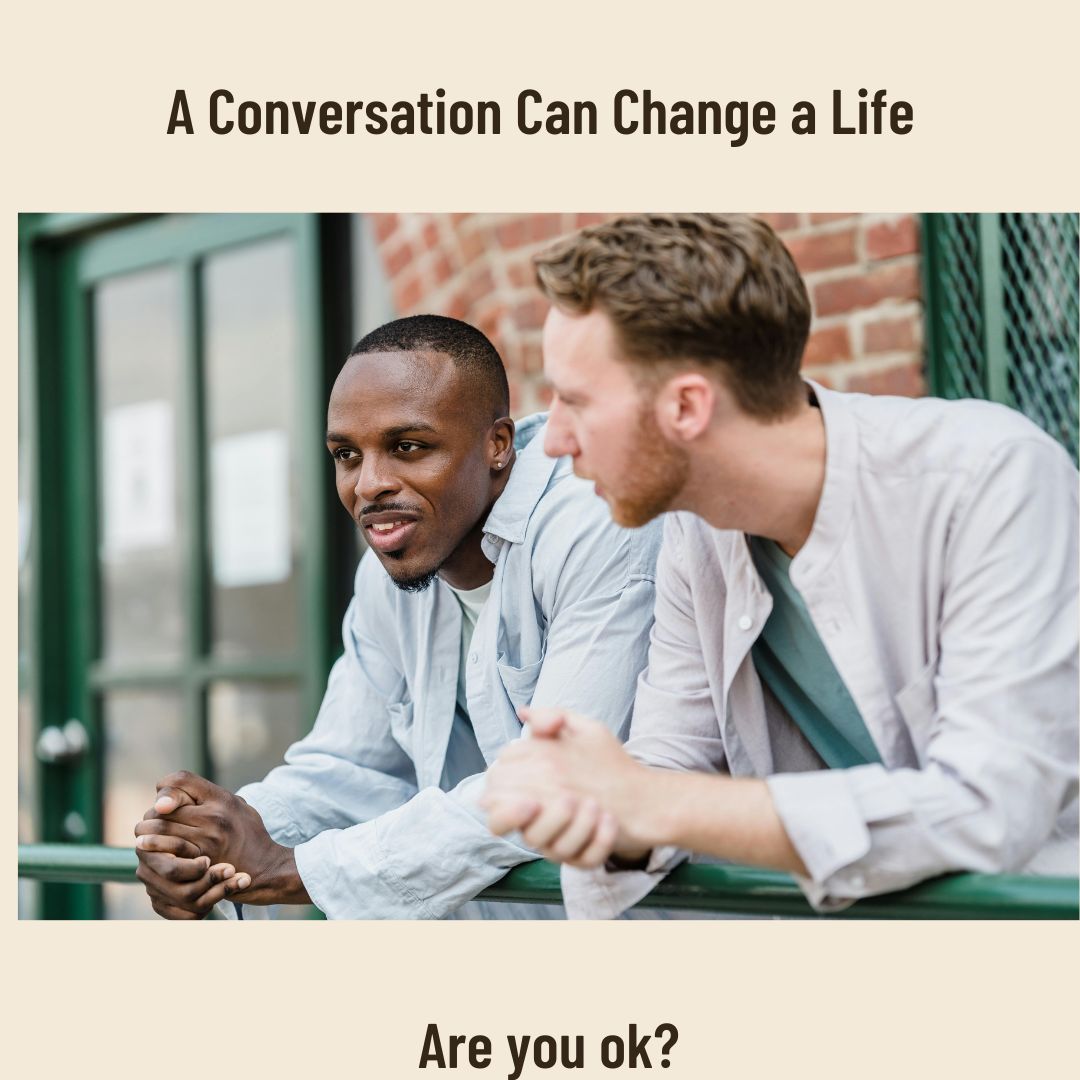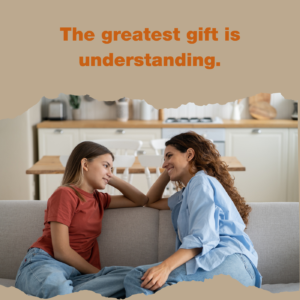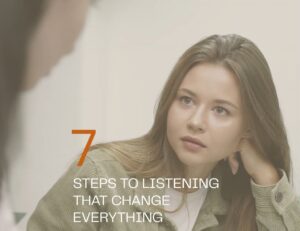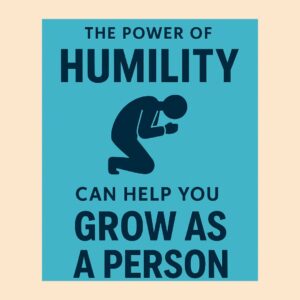Every September, R U OK? Day reminds us of something powerful: a single conversation can change a life. It’s a national movement designed to inspire and empower everyone to meaningfully connect with the people around them—family, friends, colleagues, or neighbours—and start a conversation if someone is struggling.
The good news is, you don’t need to be an expert. You just need to be a good friend and, more importantly, a good listener.
The Four Steps of R U OK?
R U OK? encourages us to use four simple steps:
- Ask R U OK?
Take the time to check in with someone in your world. A gentle, genuine question can open the door to an important conversation. - Listen
This step is crucial. Don’t jump in to fix or judge. Create space for them to share their thoughts and feelings. Sometimes, being heard is all someone needs. - Encourage Action
Offer gentle support. It might be suggesting they talk to a trusted friend, see a GP, or take a small step that helps them move forward. - Check In
Follow up. Reaching out again shows you care and helps people feel less alone.
The fact that listening is the second step should be no surprise. It’s crucial. But learning to listen in a deep and meaningful way is harder than you think.
“Listening – A guide to building deeper connections” supports R U OK?
In my book, Listening – a guide to building deeper connections, I outline a practical framework that aligns beautifully with R U OK?’s mission. It emphasizes that listening is not about solving problems—it’s about connection. If you want to learn the full process, then please subscribe to our newsletter here:
The steps that are most relevant for R U OK? Day are:
Recognise the opportunity – learn to recognise the indicators that this person really needs to talk to someone.
When something is bothering them people behave differently so if you take the time to notice unusual behaviour you may spot a wonderful opportunity to help someone.
If you simply ask R U OK? they will probably assured you with the most common response and state they are fine. This happens because people are reluctant to open up straight away. If they do start talking it’s almost guaranteed they will not tell you the real issue.
Learning to Recognise the Opportunity is an important step because it will let you know they are covering up a deeper issue and prompt you to move to the next steps in the process.
- Engage fully with that person by putting aside distractions like phones or tasks and connecting.
If you want people to open up then they need to know you are connected and paying attention. This means putting aside any distractions and making them your focus.
- Open up the conversation and encourage them to talk.
It’s critical that you avoid asking questions. Why? Because 9 times out of 10 your question will take the conversation in wrong direction. Instead of going deeper and finding out more about the underlying issue you will take the conversation of course.
Use neutral statements like “go on” or “tell me more” instead. They encourage more information without changing the direction of the conversation.
- Summarise what they are saying as a way of demonstrating you understand.
This is the greatest gift you can give someone because it demonstrates that you understand, and people crave understanding. It’s easy enough, just summarise what they’ve said in your own words.
Remember – these steps could change a life but if you want to know the full R.E.O.S.T.A.R. process© then get a copy of “Listening – a guide to building deeper connections.”
An example of why this is so important
In the book “Listening – a guide to building deeper connections” I share an example with my daughter, Emily. I recognised that she was troubled and applied the R.E.O.S.T.A.R. process©. Despite talking about an issue at school it turned out she had a deeper concern about her relationship with her mother. I was about to demonstrate I understood and help her resolve that issue.
That was over 10 years ago and since then I’ve often wondered what might have happened if we’d never had that conversation or if she’d never opened up about that deeper issue. What if I’d been too busy or missed the cues? How would she have felt about her relationship with her mother as she grew up and needed more support?
This message is especially important for parents, partners, and friends. Children, teens, and loved ones may not always have the words to express what’s going on. By checking in—and really listening—we show them:
- They are safe.
- Their feelings matter.
- They don’t have to carry struggles alone.
- And, most importantly, that we understand.
More importantly, when we listen, we build a relationship that lets them know we are there for them.
In a world that is increasingly challenging, and where real and genuine connections are harder to find, being a good friend, partner, parent, or relative might just save a life.
Final Thought
This R U OK? Day, remember: You don’t have to fix everything. You just need to listen.
A conversation can truly change a life.
To learn more about deep, intentional listening, get a copy of Listening—a guide to building deeper connections. It will help you create connections at work, at home, and in the moments that matter most.
If someone in your life seems off, don’t wait. Ask them: R U OK?
Related Resources
- 📖 Book: Listening – A Guide to Building Deeper Connections – available in paperback, eBook, and audiobook.
🎯 Coaching: Book a personal session for personalised support.
💼 Leadership Tips: Subscribe to the Team Focus newsletter here.
Frequently Asked Questions
How do you listen to someone with anxiety in Australia?
Start by creating a calm, supportive space. Let them share at their own pace without interrupting or offering quick fixes. Active listening—using gentle prompts and summarising what they’ve said—helps them feel understood and less alone.
What is the value of listening in mental health?
Listening validates a person’s experiences, reduces feelings of isolation, and encourages them to seek support. It is often the first step in recovery and building resilience.
Why is active listening important in counselling?
Active listening builds trust and ensures clients feel heard. It allows counsellors to better understand underlying issues, making therapy more effective and empowering for the client.
What are the benefits of listening in therapy in Sydney?
In therapy, listening deepens the therapeutic relationship. It helps clients feel safe, understood, and respected—making it easier to explore difficult emotions and work toward healing.
What are active listening skills for mental health in Australia?
Key skills include maintaining eye contact, giving your full attention, avoiding judgment, using neutral prompts like “tell me more,” and reflecting back what was said to show understanding.
What is the power of listening in relationships in Australia?
Listening strengthens relationships by fostering trust, empathy, and connection. When people feel heard, they are more likely to open up and build stronger emotional bonds.
How does listening improve emotional wellbeing?
Feeling understood reduces stress, promotes self-worth, and enhances emotional resilience. Listening also helps individuals process their feelings more clearly.
What is the role of listening in improving mental health outcomes?
By creating trust and safety, listening encourages people to engage in treatment, follow through on recommendations, and build healthier coping strategies.
How does listening reduce stress and anxiety in Australia?
When someone listens without judgment, it can calm the nervous system, reduce feelings of isolation, and ease anxiety—making challenges feel more manageable.
Why is listening important for better communication?
Listening ensures mutual understanding, reduces conflict, and builds stronger personal and professional relationships. It’s the foundation of effective, meaningful communication.







